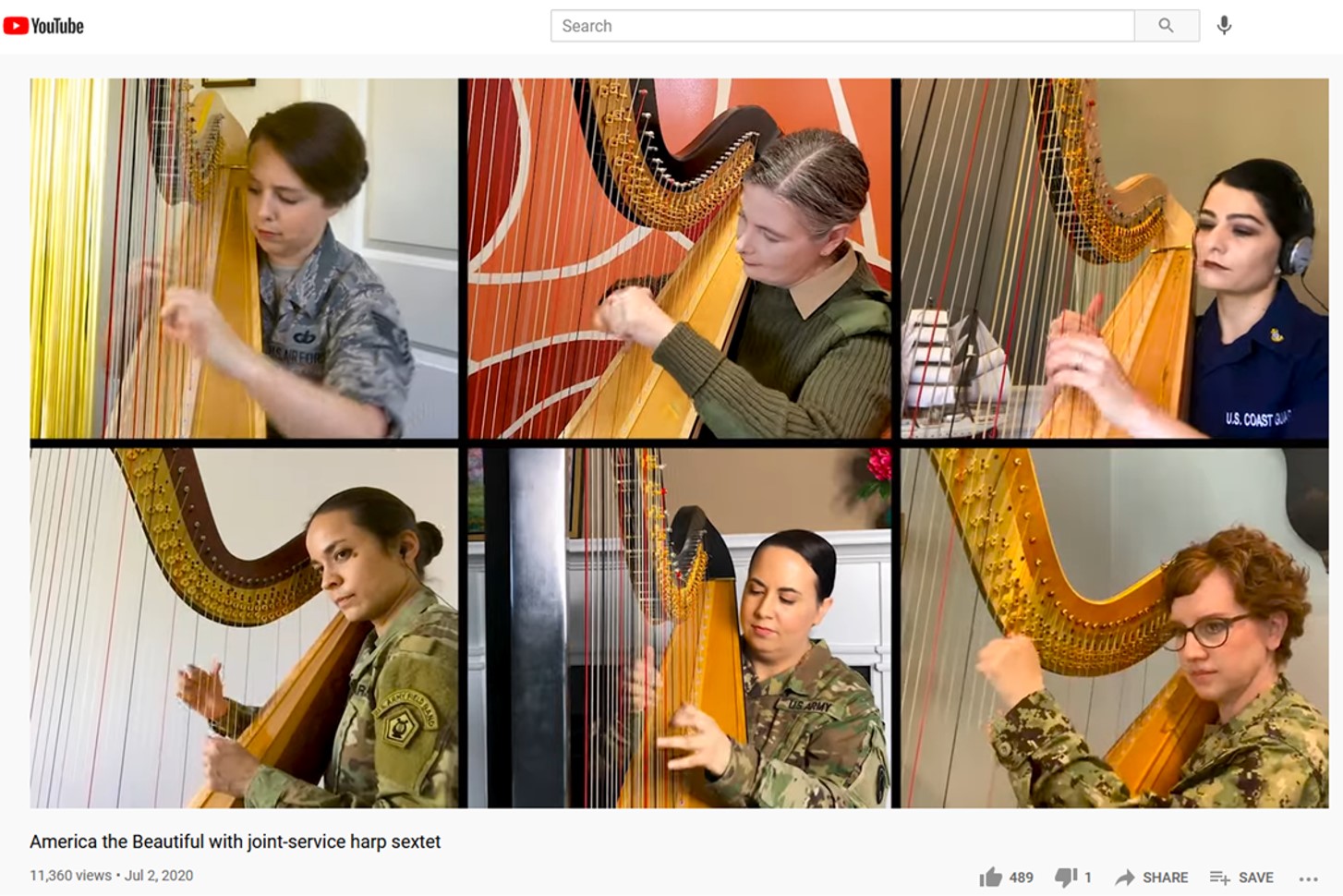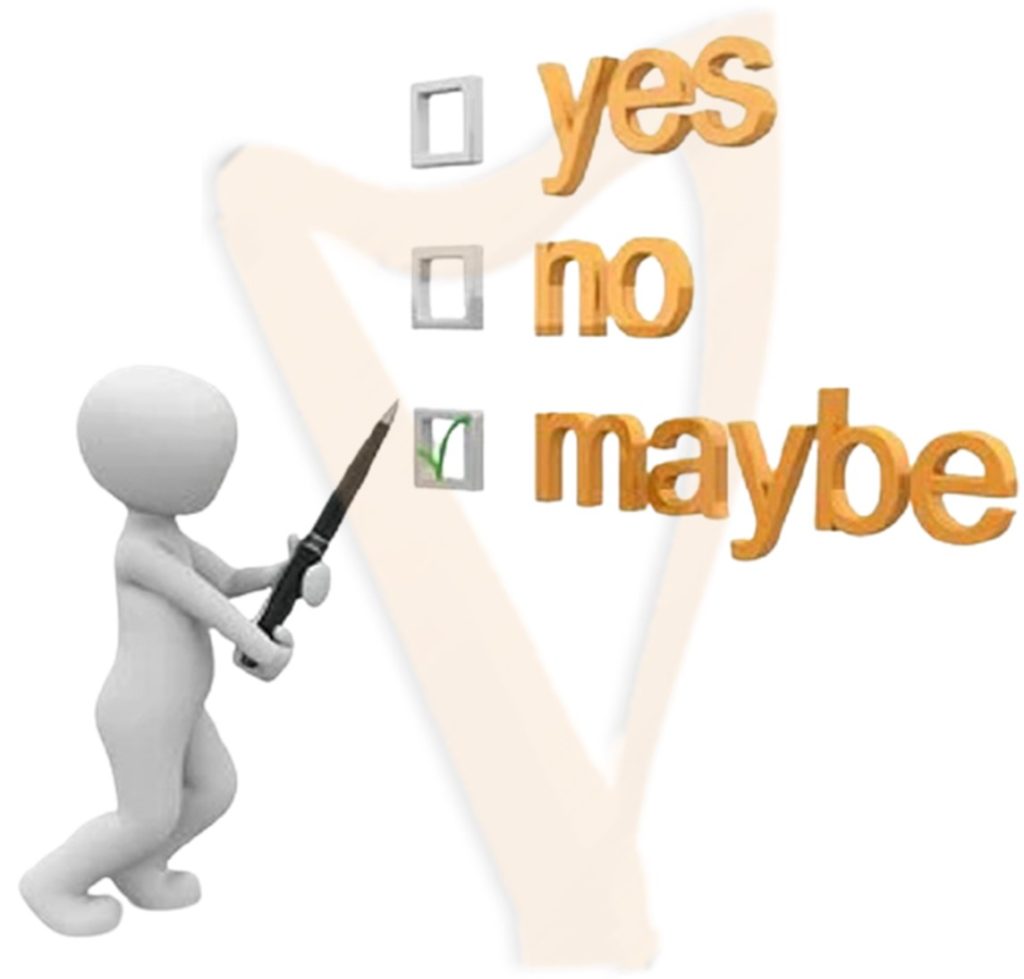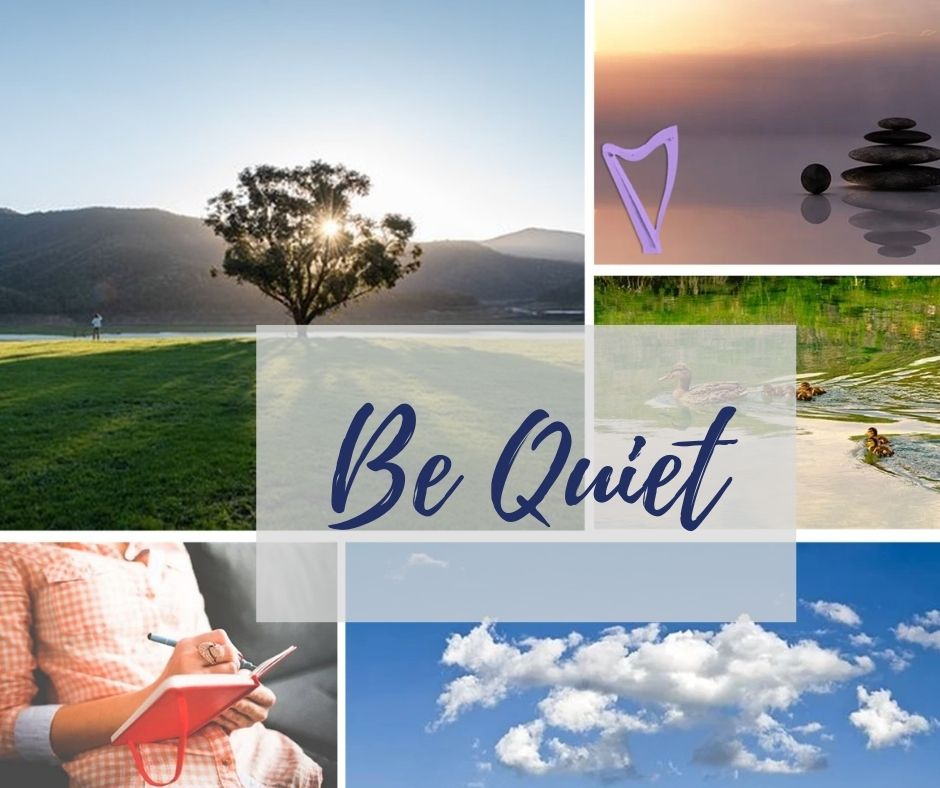Being creative is a risky business.
Every time you sit to your harp, you are taking a risk.
Why do you think there are so few musicians (relatively) in the world? Or even more broadly, so few artists in the world? Because being a creative requires a lot of bravery. And we know that bravery is uncommon.
You probably never really think about being brave, but if you meet people as a musician and performer, it is something you hear from others –
“I don’t know how you can be so brave to get on stage – I could never do that!”
“Wow – how did you learn to play the harp? I don’t think I could – I don’t have any talent.”
Sometimes you don’t know you’re being courageous, but every time you make music, you’re flexing your creativity and your bravery! Maybe you don’t always feel brave. That’s ok – as long as you keep on making.

How are we brave?
1. We show up! It seems like such a minor thing, but there’s no dragon to slay if you don’t go to the den. When you sit at your harp (the den), you’re going to create (the dragon).
2. We keep going. One path of courage is to keep going, even when your heart is in your mouth and you can barely breathe from the anxiety of doing. Especially if you’re worried that what you make may not be good enough or if what you’re making won’t even come to be (you, know – if you fail).
3. We put on a game face – like the commercial says, “never let ‘em see you sweat!”
4. We keep on going on. Even when nothing works, we try again and again and again and again and again and again…
Why are we brave? Well, first off, being creative means you’re never really on solid ground and that’s kinda scary. Nothing is set in stone. There is no right. But we creatives are often the kind of people who get off on that shifting foundation (maybe just a little). A little uncertainty can be a wild ride! One of my favorite t-shirts says,
“If you’re not living on the edge, you’re taking up too much room!”
Ok, really, it is hard to be brave – especially day after day. So, how do we do it?
1. Fake it. Yup, pretend. Put on your game face and do the thing. Write a composition. Develop that improv. Interpret that piece like you feel it.
2. Name the monster – like anything that goes bump in the night, simply saying the names of your fears – out loud – diminishes their intimidation factor. The names are usually short – embarrassment, fear of failure, fear of success. When you say it out loud, its ridiculousness becomes apparent as it shrinks back to its appropriate size and you can laugh.
3. Keep good company. I was fortunate to have a demonstration. It was seeing my all-time harp hero have a really bad day on stage – mistakes all over the place…and a serene facial expression. Lesson learned? Fear faced down + audience ignorant and happy = successful brave performance.
4. Breathe. Yup, breathing makes everything a little easier. Especially anything that requires thinking. Breathing also helps ameliorate anxiety. Being clear headed can only help when you’re scared. So, take a breath, feel your fear recede (if only just a little bit), and forge ahead.
5. Say yes. Just do it. Dragging your feet won’t make it any easier.
6. Don’t take yourself too seriously. We’re making nusic, it’s not Rocket Surgery. No one’s going to die if you compose a poorly constructed phrase! Cities don’t go dark because you’re improv isn’t ready for prime time yet. Lighten up and enjoy making your music.
7. Perspiration. The Great One (Wayne Gretzky, not Salzedo) said it best –
You miss 100% of the shots you don’t take.
And you’ll probably miss a high percentage of the shots you do take – do it anyway – take the shot. Do the work, face the fear, enjoy the reward.
8. Be good to you – no matter how much you push yourself, be aware of when you’re about to go too far. My rule of thumb – if it’s too mean to say it to your best friend, then don’t say it to yourself. And don’t be your own horrible stage mother. Don’t expect from yourself something you know you’re not ready to do. Be brave, not unkind or stupid.
9. Practice. Of course – my solution to everything! You’ll find it’s easier to brave if you practice doing it. And the more you practice, the easier it is.
10. Put on your cape. Even if just in your head – be your own harp hero. Be proud of all the notes you have saved from a future of never having been heard and enjoyed! You’re not just brave, you’re a superhero!
Did you know that you’re brave? If not, do you know now? Do you do any of these things? How are you brave? Do you have other ways of being brave (you know I’m always looking for more new ways to do things!)? Let me know in the comments!
 The video is here – it’s a beautiful listen…and a great opportunity to explore some excellent arrangement ideas.
The video is here – it’s a beautiful listen…and a great opportunity to explore some excellent arrangement ideas.



